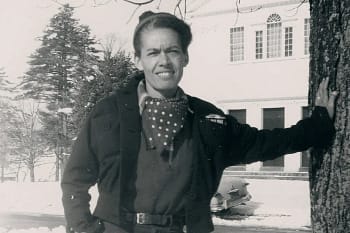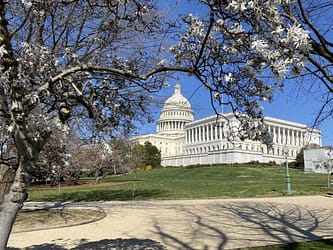You Can Stop Asking Where the Mass Opposition Is. It’s Everywhere.
It is a cliche to begin a story about a rally with a quote from a funny sign, but one small piece of floppy brown cardboard floating down 40th Street in Manhattan on Saturday seemed to capture the mood of this weekend’s mass opposition with “Hands Off” protests against President Donald Trump: “Where…




























